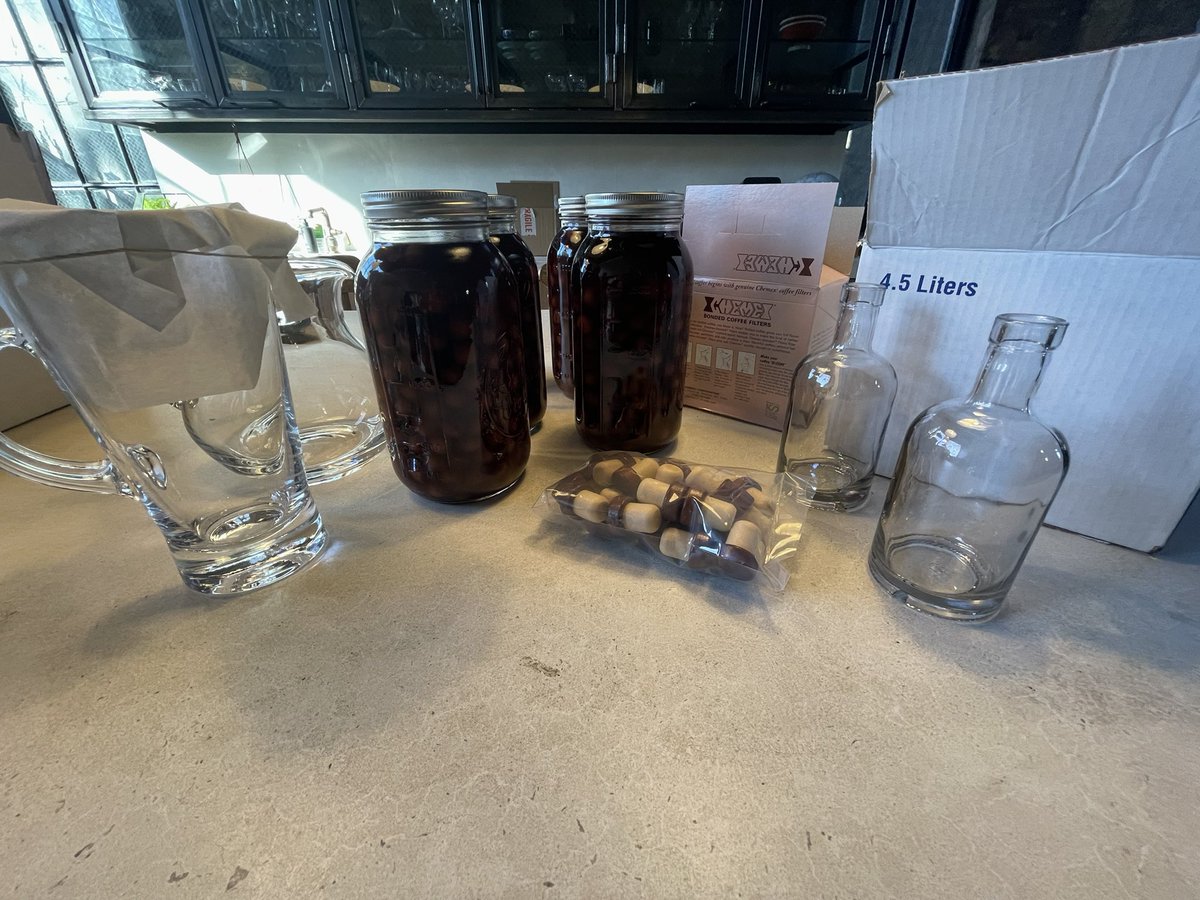
Chief Economist, Centers for Medicare & Medicaid Services. On leave: Professor, U. Chicago. Views expressed here are not intended to reflect those of CMS.
How to get URL link on X (Twitter) App

https://twitter.com/lugaricano/status/1922575504550363169This is ironic bec the dormant commerce clause, despite its name, is unwritten. It’s implied by the commerce clause, which says Congress can regulate trade b/w states. The Supreme Court said the negative implication is that states cannot erect trade barriers b/w themselves. (It’s also unpopular among con law scholars because it’s non-textual. Chalk this up as a victory for natural rights!)

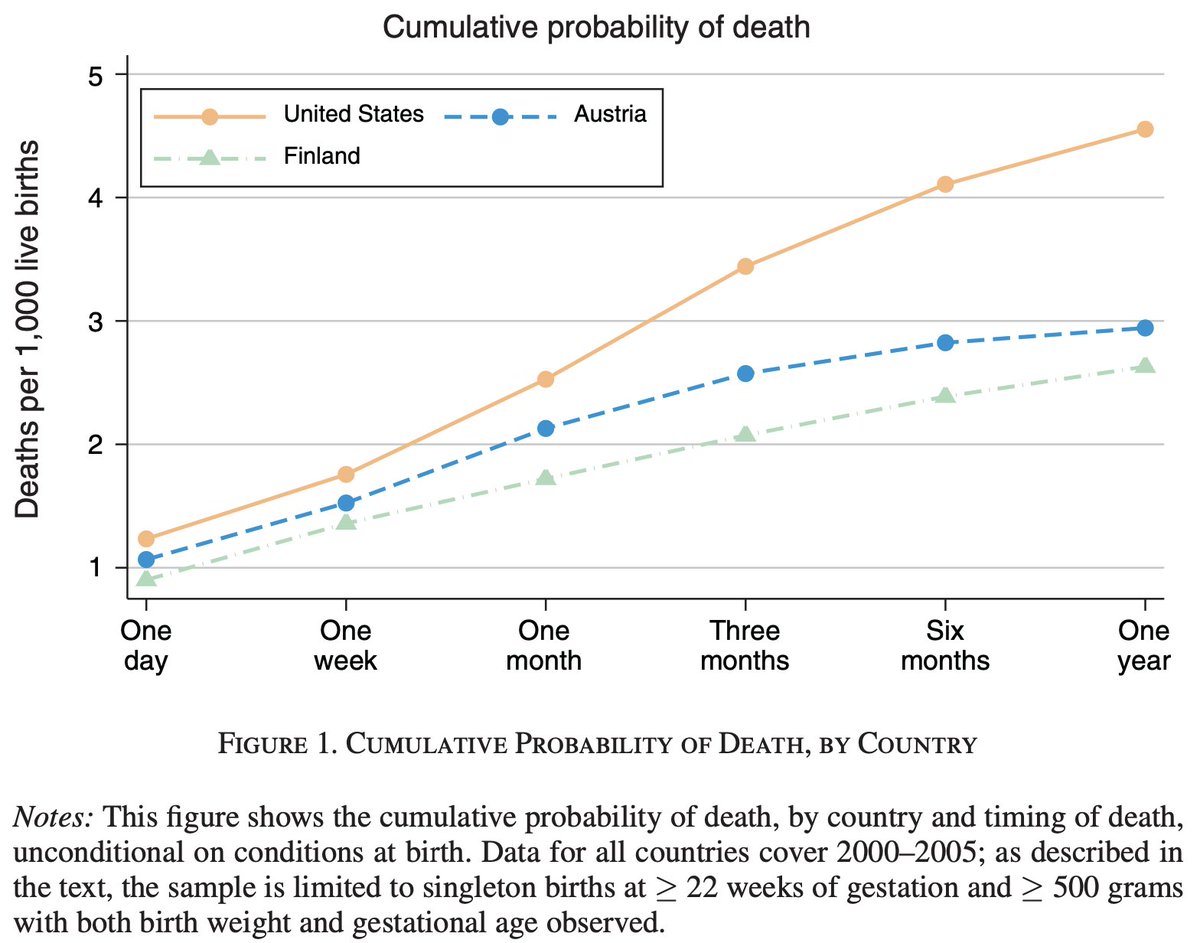
 2/ The gap is driven by less-educated or lower economic status populations in the US. Being high status in the US is akin to being high status in Europe.
2/ The gap is driven by less-educated or lower economic status populations in the US. Being high status in the US is akin to being high status in Europe.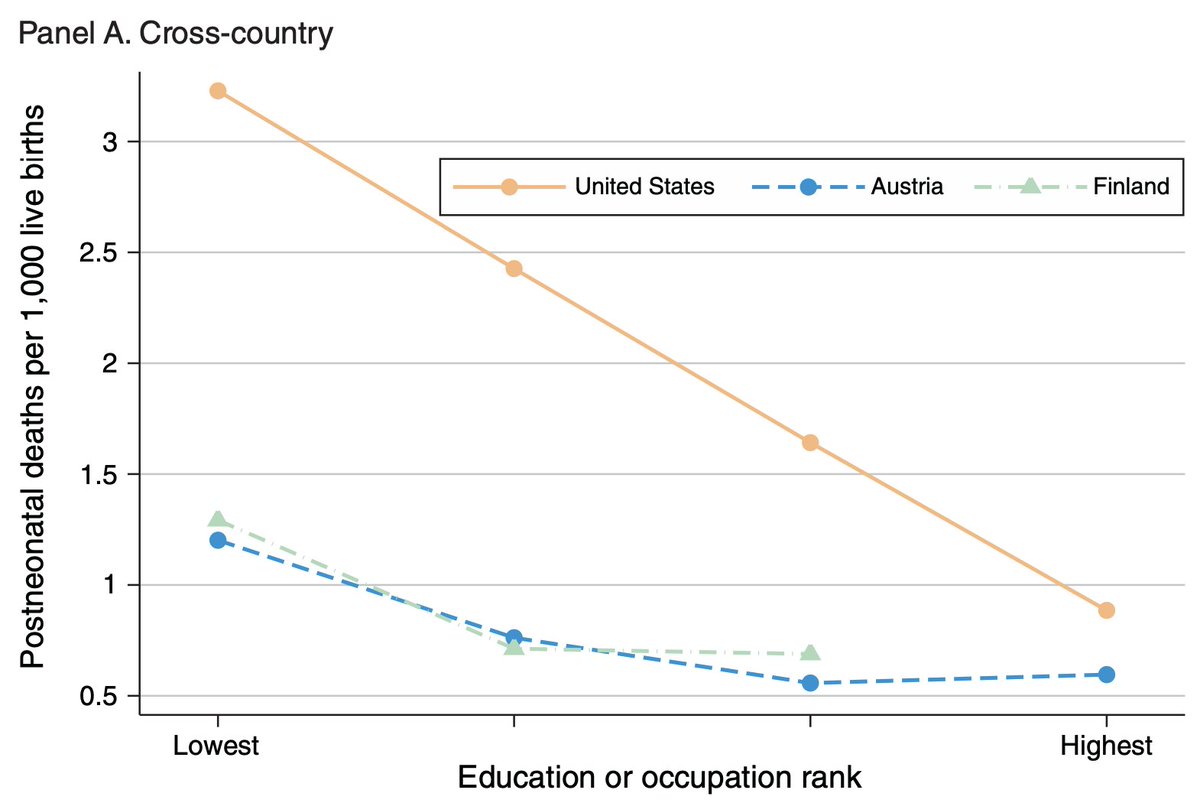

 The reason is
The reason is 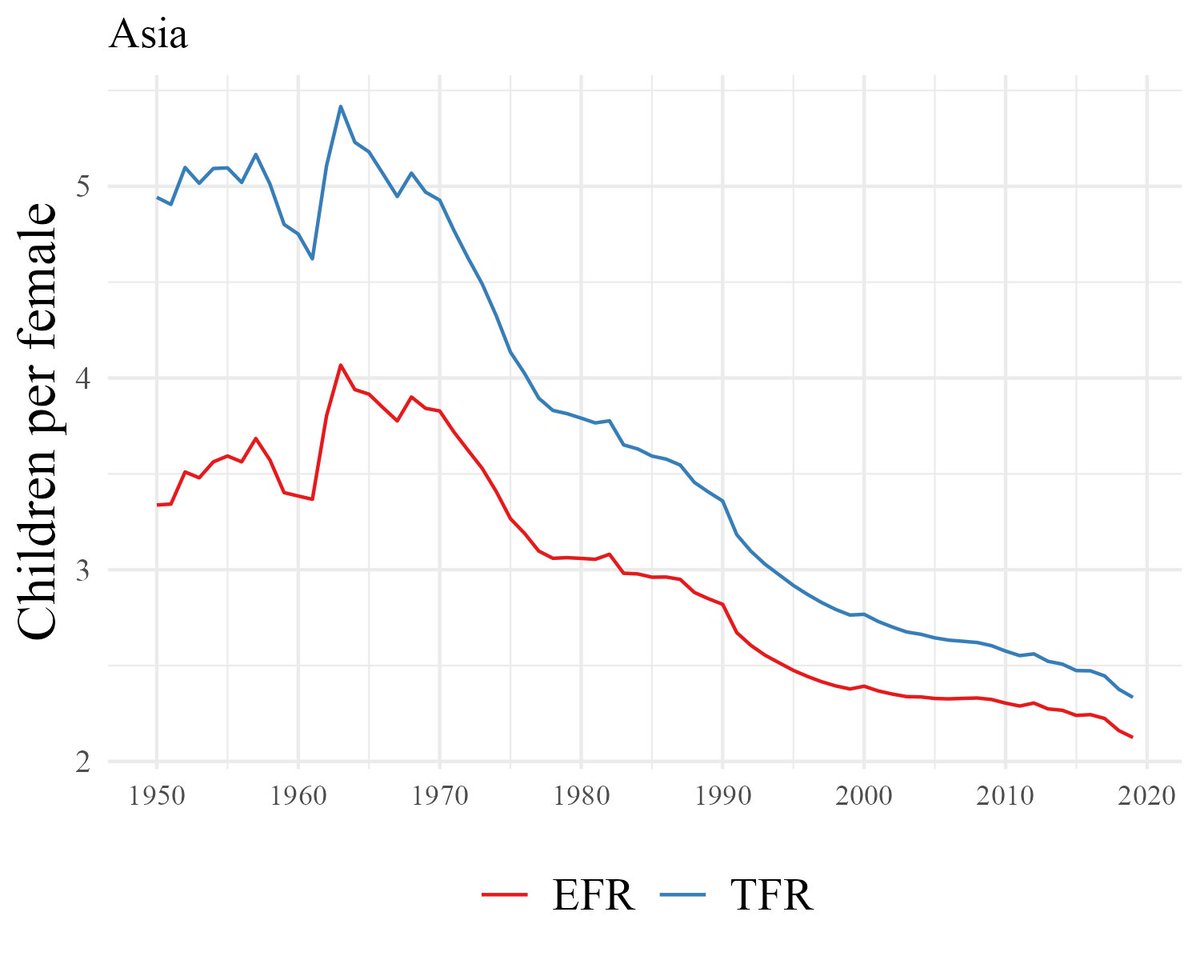
 Available at nber.org/papers/w33175 and bfi.uchicago.edu/working-papers…
Available at nber.org/papers/w33175 and bfi.uchicago.edu/working-papers…
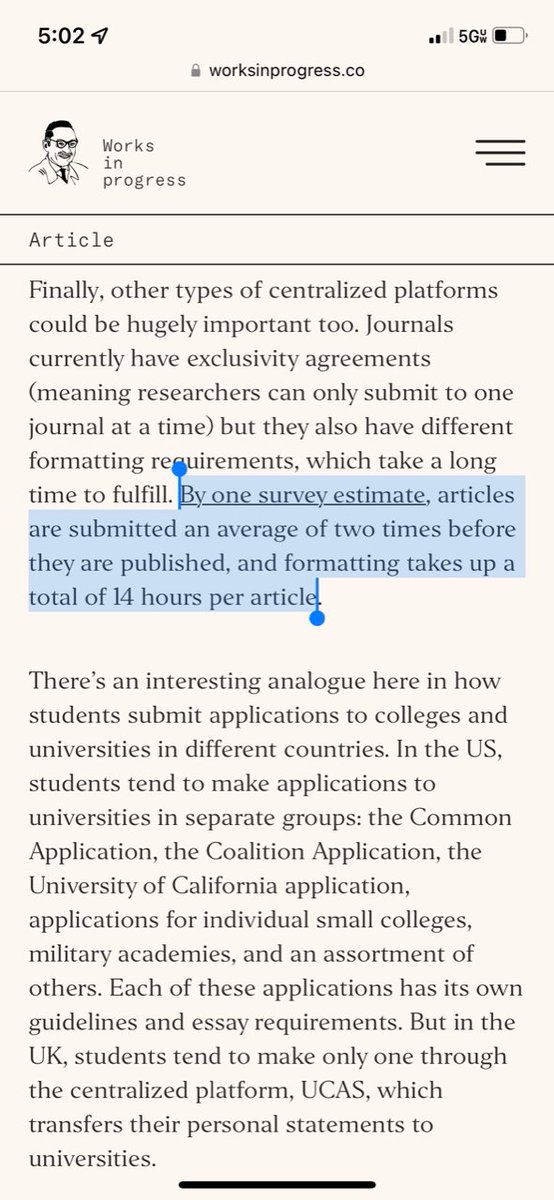
https://twitter.com/anup_malani/status/1505549306585042946For example, a credit system for reports. Or a payment to allow dual submissions. Or financial support to revive the Berkeley press forum idea. Or payments to depts for counting quantity more for tenure. Or paying for more slots in/issues of top journals.


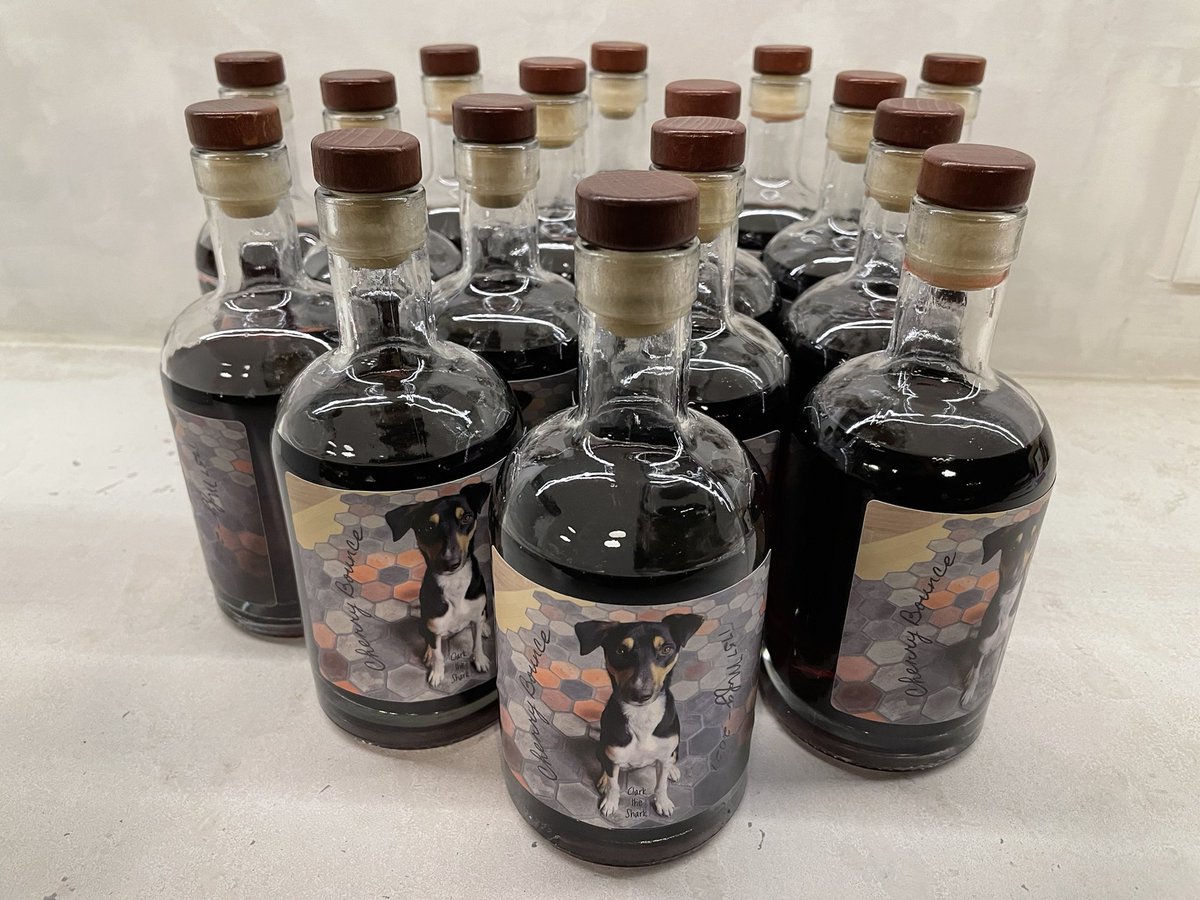

 Cherry Bounce is our home made sour cherry infused Rittenhouse rye.
Cherry Bounce is our home made sour cherry infused Rittenhouse rye.